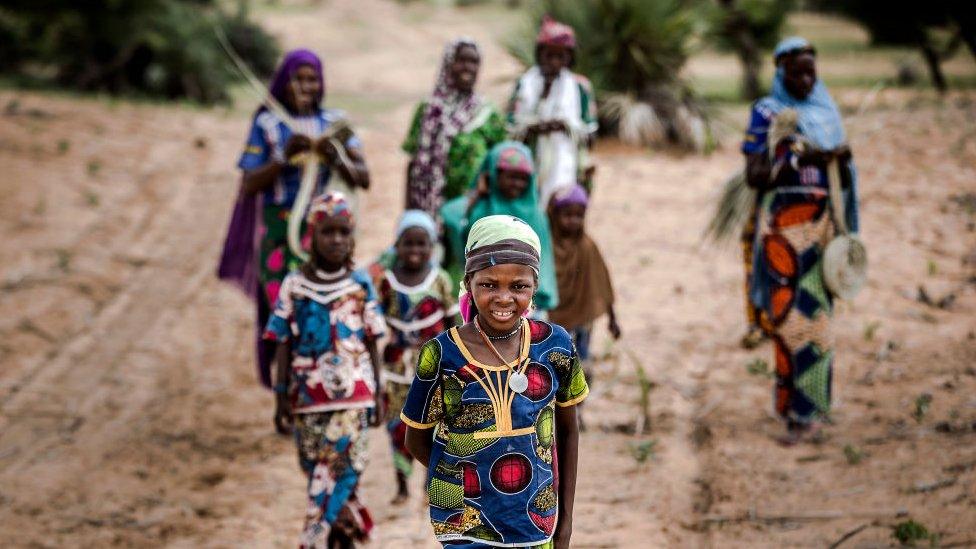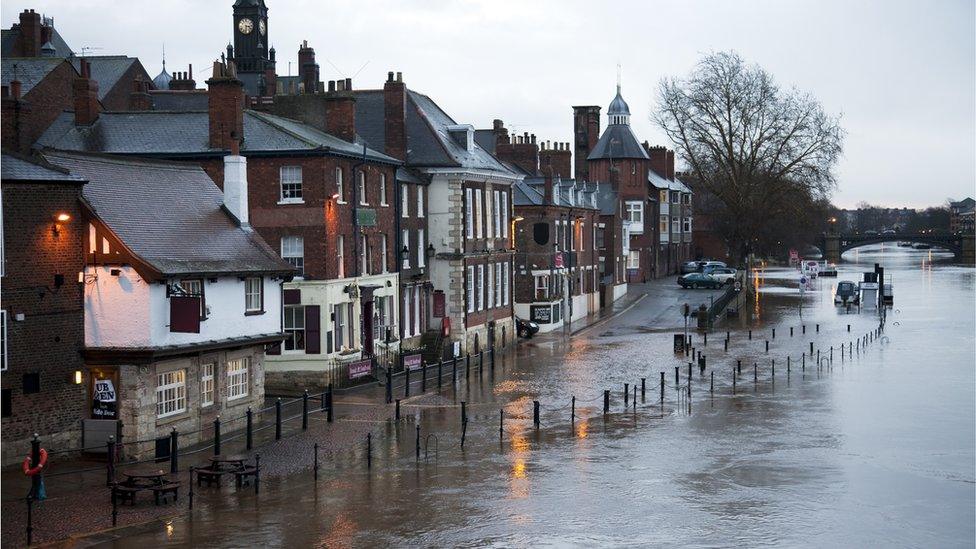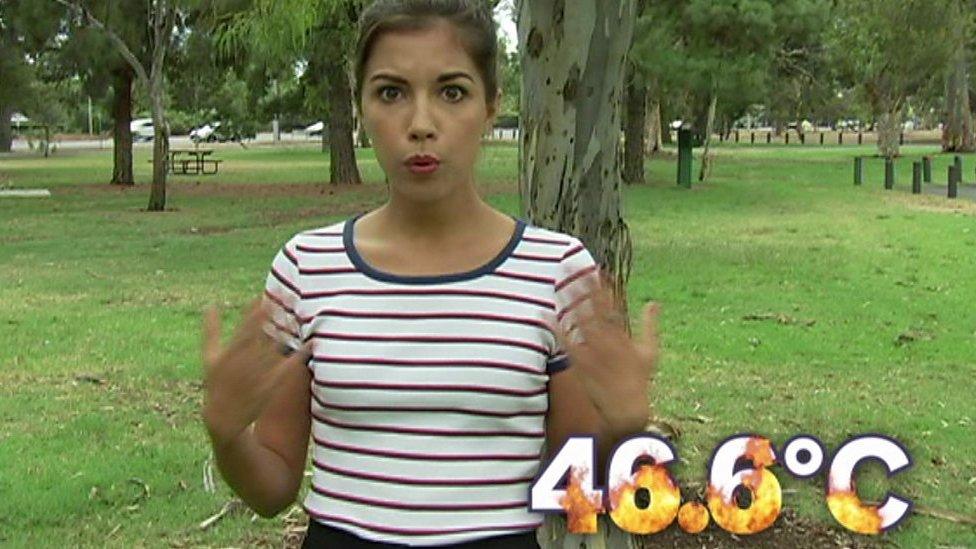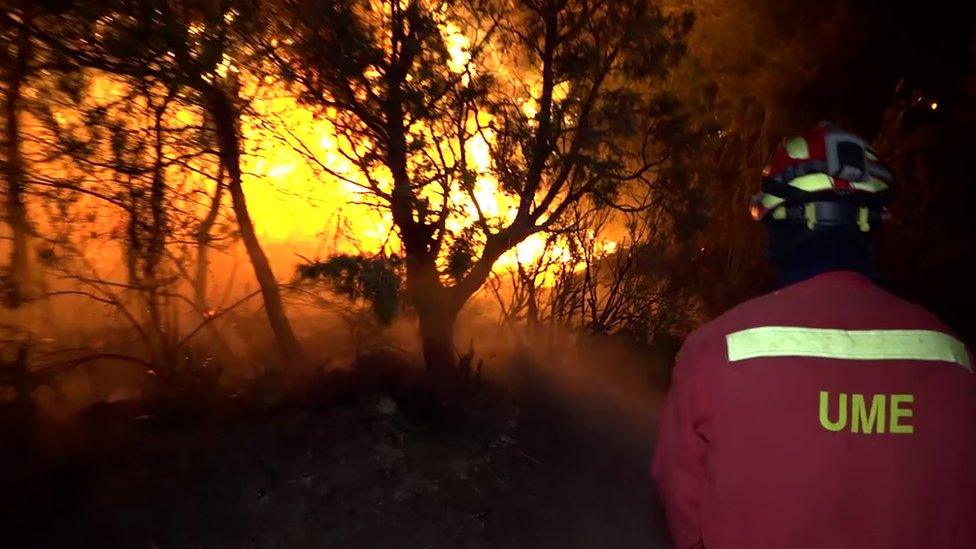COP 25: WMO climate experts predict hottest decade on record
- Published

Weather experts have warned that the past decade is almost certain to be the hottest on record.
This warning is just one of the issues highlighted in the World Meteorological Organization (WMO) report about the Earth's climate.
The report talks about issues including rising sea levels, Arctic ice melting and heatwaves.
According to the WMO the Earth's temperature has been constantly on the rise and is set to miss the 2015 Paris Climate agreement target of keeping the warming of the Earth to under 2 degrees Celsius - it is already at 1.1 degrees Celsius.
They say that "Heat waves and floods which used to be 'once-in-a-century' events are becoming more regular occurrences", and that this "exceptional" global heat is driven by greenhouse gas emissions.
The WMO links the record temperatures we've been having over the past decade to emissions of greenhouse gases, from human activities such as driving cars, cutting down forests and burning coal for energy.
So what else does the report say?
Impact of climate change on the sea

The report authors say that lots of the heat generated by greenhouse gas emissions is going into the oceans and the waters are more acidic because of this.
Marine heat waves are becoming more common and experts say these heatwaves affect sea creatures and biodiversity.
Arctic sea ice is melting and has been at relatively low levels in Antarctica since a sudden drop in late 2016.
Human impact of climate change

Girls in Nigera where rising temperatures have caused drought and unpredictable weather patterns
Climate change is a key driver of a recent rise in global hunger, with more than 820 million people suffering from a shortage of food in 2018, according to the report.
Weather disasters have displaced millions of people this year and crop harvest in places have been reduced because of extended dry seasons.
The report takes information from other United Nation organisations and three major global temperature datasets, including from the Met Office Hadley Centre and the University of East Anglia's Climatic Research Unit.
Weather

The River Ouse in York, UK, breaks its banks
The report claims that impacts of climate change play out through extreme and "abnormal" weather.
Many parts of the world experienced unusual levels of warmth this year. South America, Europe, Africa, Asia and Oceania were warmer than the recent average, while many parts of North America were colder than usual.
There were huge heatwaves in Europe while wildfire activity in South America was the highest this year since 2010.
The report was released at the global climate talks called COP 25 taking place in Madrid.
- Published2 February 2019

- Published3 December 2019

- Published28 June 2019

